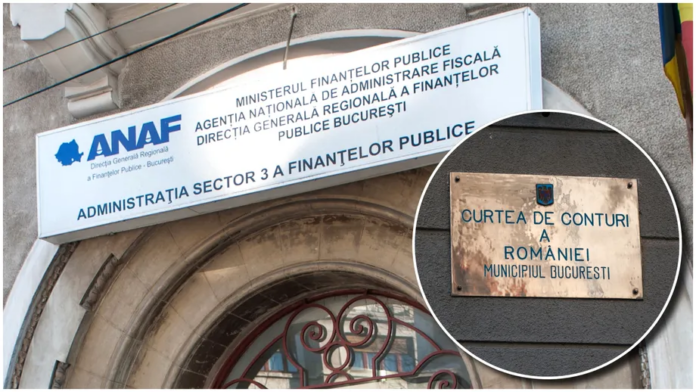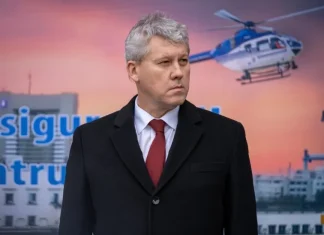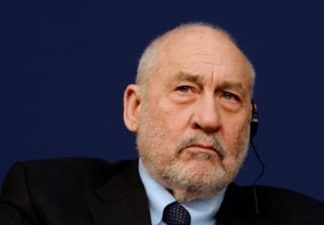Author: Cozmin Gușă
What are the facts, dear friends? Although I’ve been presenting them over the last 48 hours, here’s a concise summary. On Sunday, a Ukrainian attack struck deep within Russian territory, targeting several locations where Russian military bases are situated, some of which support Russia’s nuclear infrastructure and can thus be considered part of its nuclear arsenal. It’s obvious that Ukraine could not have carried out this attack without Western logistical support, which doesn’t just mean weapons and ammunition. It includes satellite-guided targeting, location codes, and strike synchronization, clearly provided by France and possibly Germany, as France and the UK are the only EU nations with such satellite capabilities. The U.S., of course, can do this globally. This attack came after repeated declarations of war by France’s President Emmanuel Macron and Germany’s Chancellor Friedrich Merz, made over the past three weeks. They assumed these statements not only as leaders of their countries but also as figures of the European Union. That’s why this moment triggered talk of expanding the war from a Russia–Ukraine conflict into a Russia–EU war, a shift that fundamentally changes the geopolitical landscape.
Now here’s the core issue: an attack on Russia’s nuclear infrastructure is treated under its national defense doctrine as an aggression that demands immediate proportional retaliation and potentially a nuclear response. Nearly two days have passed since the attacks, and Vladimir Putin has remained silent, as have other top Russian officials. Only today, Tuesday at noon, did Kremlin spokesperson Dmitry Peskov state that Russia’s response will be harsh, but only after investigations are concluded and all those responsible are identified. So what might Putin decide to do in response? So let’s analyze what Putin could decide regarding these countermeasures. There are three analytical perspectives: the internal Russian one, the external one concerning EU and partially NATO adversaries, and the external one concerning Russia’s allies, such as China.
Perspective 1: Domestically, over the past three years, Putin has convinced the Russian people that his strategy is successful and that peace will come on Russia’s terms. The Russian economy has grown and consolidated during this period, and Putin has managed to restore Russia’s geopolitical prestige to its highest level in more than four decades. If he does not react forcefully now, he risks undermining the trust of the Russian people in his leadership. And in today’s hyper-tense climate, that could trigger military unrest far worse than the Prigozhin rebellion two years ago. From this angle, it’s clear: Putin must strike back hard, or he’s in trouble at home.
Perspective 2: When it comes to Russia’s external adversaries, now embodied in the form of the Ukraine–EU alliance, a lack of harsh reaction puts Putin in a humiliating defensive posture, one he hasn’t been in since the beginning of the war in February 2022. It’s obvious that this lack of reaction will generate a new series of attacks from the adversaries who will thus take advantage of Russia’s defensive position. They can take the initiative and suddenly cancel the advantages Putin has obtained in the last three years, along with degrading Russia’s status as a great military power. It’s clear that Putin cannot afford this under any circumstances.
So this is the summary resulting from the concise analysis I’ve made today, but know that even the most sophisticated analytical labs couldn’t reach other conclusions in this case. Of course, they may offer much more in-depth analyses. So once again, inside Vladimir Putin’s mind—what will the Russian leader do? Whom will he target? Ukraine or European targets, as already suggested by the Speaker of the State Duma? If Putin’s counterreactions and countermeasures and counterattacks will target Ukraine, will the targets will be from the civilian, industrial, or energy infrastructure? Putin has already done that so far, and it seems too little in relation to the gravity of the Ukrainian attack, meaning it is by no means proportional. Then we can assume that Putin will target Ukraine’s military infrastructure; he has done that before too, but now he will do it at another, unprecedented, destructive level. There’s also the variant of the physical elimination of Zelensky—possible, but difficult to carry out; it’s likely that after the trip to Vilnius, Zelensky will stay quiet and protected so as not to give the opportunity for physical elimination. Many analysts speak about Kiev being targeted. Then we’re not just talking about the administrative headquarters of the presidency, government, ministries, but other locations as well. Unfortunately, I can say that it’s not difficult for Russia, in a few hours, to wipe Kiev off the face of the Earth, but I’m not betting on that. It’s just being speculated that it’s possible. Kiev is, after all, the old cradle of Russian civilization, and I don’t think we are in such a scenario now, but I put it on the table.
If Putin targets the European Union, especially Germany or France? I see such a variant as possible, but only at the level of the weaponry transport lines. That is, Putin’s people might attack the convoys with weapons heading to Ukraine, so everything is destroyed before reaching Ukraine. Of course, I have no other conclusion than that two countries will be targeted: Poland or Romania. Through these entry routes into Ukraine, the convoys with weapons are being transported, so of course these countries participating in Ukraine’s armament—Poland or Romania—could quickly become targets. I don’t want to scare anyone, but believe me, I’ve been studying these things precisely for many years. If Putin does more, meaning he targets bases on the national territory of Germany and France, as the State Duma Speaker already suggested? That’s also possible, but unlikely at this moment. The conflict will escalate, and he’ll have to make more significant demonstrations of force; it’s likely Putin will also resort to that, but not at this stage.
Finally, but only as a prelude to counterreactions, Putin and his intelligence apparatus could activate compromising disclosures either about Zelensky and his entourage or about Emmanuel Macron or Friedrich Merz and their associates. All of them, absolutely all, have shameful or illegal secrets that are in the possession of the feared FSB, secrets which, if made public, can blow up both their authority and their credibility. However, this kind of media warfare can only be a preamble; as I was saying, it should be followed by harsh military counterreactions. There’s also the scenario, possible but unlikely, that Putin will not resort to counterreactions. However, in this scenario it’s clear that Putin and Russia will be gravely harmed in the short term, and in this scenario serious revolts may arise against Putin from the radical side of the Russian army, and from here on, friends, organizational chaos is on the horizon, so even more so, the scenario of nuclear war appears on that same horizon, exactly like many of you have probably seen in plenty of Hollywood films. God forbid.











